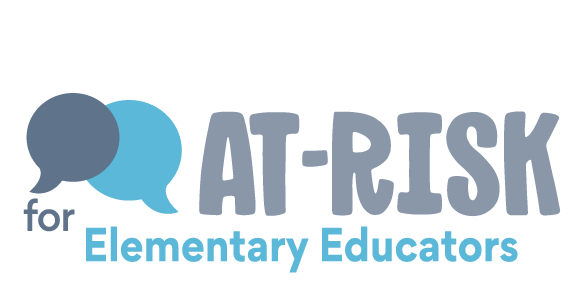

JULIE: Hi, I’m Julie Namond, and I teach third grade. The school year started a few weeks ago, and there’s a student in my class named Lucas who I’m concerned about. Here’s what I’ve been noticing. Lucas often seems tired or frustrated in class and looks like he’s not paying attention. Today, he had his head down for a lot of the language arts lesson, and sometimes he’d shake his head or sigh.
Lucas doesn’t seem to enjoy group assignments. Even though he got to pick his partner for a recent project, he was still very quiet when they were working on their poster, and he hardly said anything during the presentation.
Lucas has been absent a few times already this year. Last week he was out three days. When he returned, he had a note from his mom and doctor saying he didn’t feel well.
Lucas’s family had a small fire in their house over the summer, and they are living with Lucas’s grandmother while their house is being renovated. I’ve checked in with Lucas a few times to ask how he’s doing, but he usually just shrugs and says he’s tired. He’s never wanted to talk about the fire.
I know kids are kids, and they all get tired and irritable at times, but… I’m worried about Lucas. I’m going to talk with him again today. My goals for this conversation are to: build Lucas’s trust and let him know I’m there for him and to bring up what I’ve noticed and find out more about what’s going on.
JACKIE: Again, we’ll first hear an interaction that goes poorly. At times, I will comment with observations and advice, and there will be times that you will get to hear what Lucas is thinking.